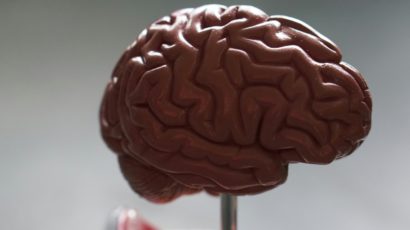
Mild head injuries are common, especially in children and during contact sports. They can occur when the head is hit by a moving object (e.g. a ball, car or fist) or when the head hits a stationary surface at speed (e.g. the ground, a wall etc.)
The brain ‘floats’ within the bony skull in some liquid called cerebrospinal fluid. This liquid allows a small degree of movement of the brain. If the skull is hit, then the brain may bounce or twist inside the skull. This can lead to a disruption in the electrical activity in some of the brain cells, causing them to malfunction for a short while. It is this malfunction that causes the symptoms of concussion.
The symptoms of concussion can include:
- A brief loss of consciousness at the time of the injury (followed by a rapid, spontaneous recovery)
- A loss of memory of the accident itself or the few moments before the accident happened (amnesia)
- Feeling dizzy
- Nausea
- Mild headache
These symptoms will, by definition, resolve within hours to days in most cases but may sometimes last for weeks in a few. Once all the symptoms have settled down, then a certain diagnosis of concussion can be made. There is no permanent damage to the structure of the brain when someone has concussion.
How to treat concussion?
The concussed person should rest, get plenty of sleep and should not exercise or physically exert themselves. Evidence shows that they will benefit from cognitive rest as well – this means no digital screens, including games, social media, TV etc. plus reduced school/paper work and reading.
When to worry?
If a person’s symptoms persist or worsen, then seek medical advice immediately. In particular, you should watch for the signs and symptoms of a severe head injury from the moment of the blow to the head until at least 48 hours afterwards. These include but are not limited to: vomiting, sleepiness, becoming less responsive, fitting (having a convulsion/seizure), walking unsteadily, complaining of a severe headache, blurred vision, becoming disorientated or confused. If any of these symptoms develop, the person must see a doctor.
Want to know more about head injuries and what to do? Why not sign up for one of our First Aid Courses:
Disclaimer: Click here to read our full disclaimer.





